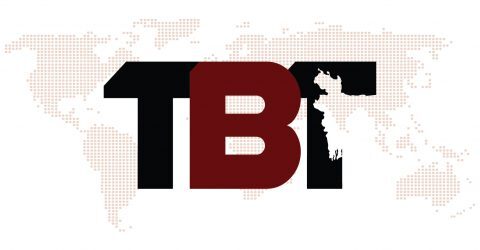Naharin Chowdhury shared her recent research about Defining Gen Z
The Bangladesh The Bangladesh
Today

Naharin Chowdhury, CEO of JUJUBE BANGLADESH, the first fashion agency of Bangladesh, is also a teacher of fashion designing at Shanto-Mariam University of Creative Technology. She shared her recent research with us about defining the Gen Z. Gen Z is currently the second-youngest generation, with millennials before and Generation Alpha after. Like every generation, Gen Z’s behaviors are shaped by how they grew up. Young people today have come of age in the shadow of climate doom, pandemic lockdowns, and fears of economic collapse. The first Gen Zers were born when the internet had just achieved widespread use.
They’re called “digital natives”—the first generation to grow up with the internet as a part of daily life. The generation spans a wide range: the oldest Gen Zers have jobs and mortgages, while the youngest are still preteens. Globally, Gen Z is growing fast: Gen Zers will make up a quarter of the population of the Asia–Pacific region by 2025. As the first real digital natives, Gen Zers—speaking generally—are extremely online. Gen Zers are known for working, shopping, dating, and making friends online; in Asia, Gen Zers spend six or more hours per day on their phones. Digital natives often turn to the internet when looking for any kind of information, including news and reviews prior to making a purchase.
They flit between sites, apps, and social media feeds, each one forming a different part of their online ecosystem. Having grown up with social media, Gen Zers curate their online selves more carefully than those in prior generations have, and they are more likely to turn to trends of anonymity, more personalized feeds, and a smaller online presence, even as they voraciously consume media online. Video-sharing social media sites have seen a meteoric rise as Gen Z comes of age. TikTok , reels currently rules trends, feelings, and culture for Gen Zers, who make up 60 percent of the app’s one billion-plus users. Gen Zers flock to corners of the internet where they can discuss their passions and interests with those who share them—from gaming to K-pop—bonding with both people they know in real life and ones they’ve only met online.
They are already seeing decreased economic opportunity and don’t assume a social safety net will be there to catch them as pensions shrink, saving for retirement gets more difficult, and the older population grows. Already, 58 percent of Gen Zers in a recent McKinsey survey reported not having a basic social need met—the largest percentage by far of any generation. But Gen Zers also report a more nuanced perspective around the stigma of mental illness than other generations. European Gen Zers seem less inclined to discriminate against people with mental illness .




